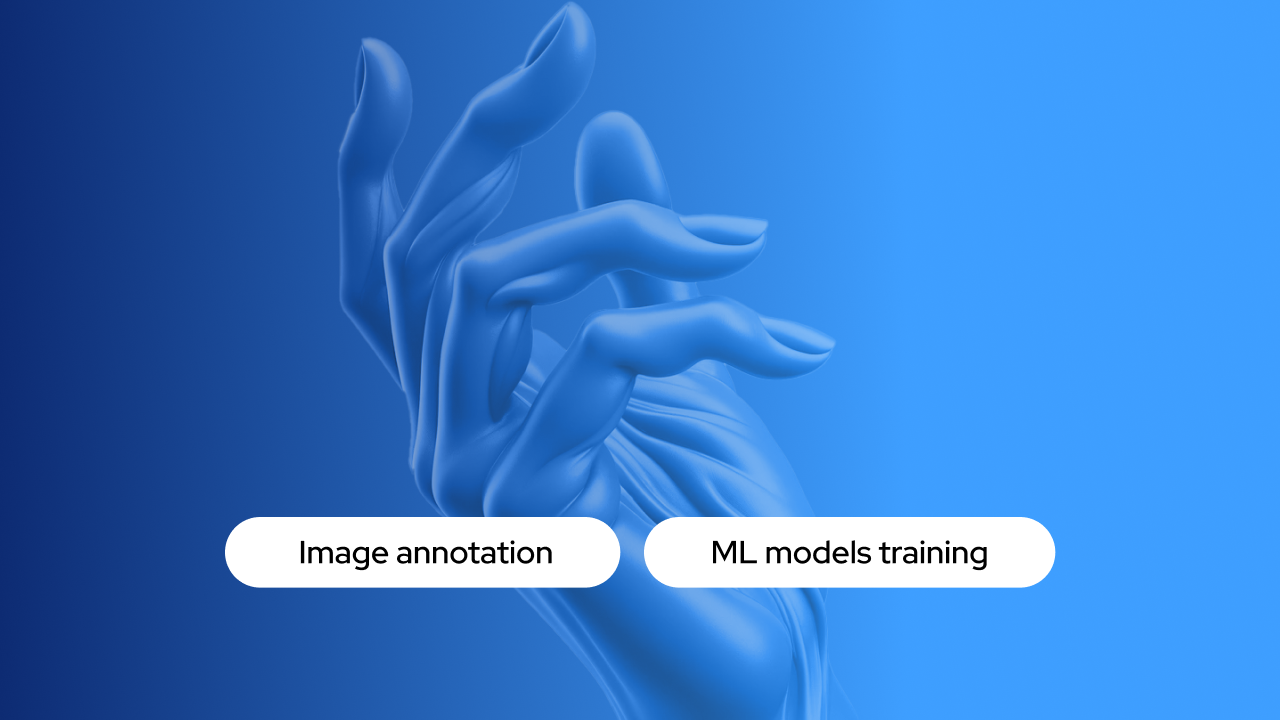The Game-Changing Impact of AI on Diagnosis and Patient Care

In an era characterized by rapid technological advancements, the marriage of artificial intelligence (AI) and healthcare is shaping the landscape of medical diagnosis and patient care. The fusion of AI's analytical prowess with the intricate world of medical data is propelling healthcare professionals into a new realm of precision, efficiency, and personalization. From expedited disease detection to finely-tuned treatment regimens, AI is heralding a revolutionary era in healthcare that promises to redefine how we approach diagnosis and patient well-being.
The Role of AI in Diagnosis
In the realm of medical diagnosis, AI is fast becoming the trusted ally of healthcare providers. Traditional diagnostic approaches, while effective, are often limited by the human eye's capacity to perceive intricate patterns in complex medical data. Here, AI emerges as a game-changer, leveraging advanced machine learning algorithms to analyze a vast array of patient information including medical images, genetic profiles, and historical health records.

The integration of AI is particularly evident in medical imaging, where radiology scans like X-rays, MRIs, and CT scans are subjected to AI-powered scrutiny. This results in quicker and more accurate identification of anomalies, expediting the diagnosis process and mitigating potential human error. Moreover, AI systems assist pathologists in identifying malignant cells in biopsies, effectively aiding in the early detection of diseases that might otherwise escape initial notice.
Personalized Patient Care
The advent of AI has ushered in a new era of personalized patient care, where treatments are uniquely tailored to each individual's medical history, genetic makeup, and unique needs. This approach translates into heightened treatment efficacy, minimized side effects, and optimized medical outcomes.

AI-powered predictive analytics stand at the forefront of patient-centric care, providing healthcare professionals with the tools to anticipate disease progression and potential complications. By synthesizing vast datasets and factoring in an array of variables, these algorithms empower medical practitioners to take proactive measures, ultimately shaping more favorable patient outcomes.
Efficiency Amplification and Resource Optimization
AI's transformative influence extends beyond the realm of diagnostics and patient care. The integration of AI is streamlining the administrative aspects of healthcare operations. Tasks such as appointment scheduling, resource allocation, and data management are being optimized through AI-driven algorithms, liberating healthcare professionals to invest more time in direct patient care and informed decision-making.
Ethical Considerations and Challenges
While the evolution of AI in healthcare offers tremendous potential, it also poses important ethical considerations. Safeguarding patient data privacy, addressing algorithmic bias, and establishing a balanced approach that amalgamates human expertise with AI insights are essential factors that demand meticulous attention as AI becomes increasingly ingrained in healthcare systems.
Conclusion
In the contemporary healthcare landscape, the symbiosis between AI and medical diagnosis is poised to alter the trajectory of patient care. Through heightened diagnostic accuracy, patient-centric treatment plans, and resource optimization, AI is revolutionizing healthcare for both practitioners and recipients. As technological advancements continue to evolve, it is incumbent upon medical professionals, policymakers, and stakeholders to collaborate harmoniously, ensuring that AI's potential is harnessed while concurrently navigating the ethical and logistical challenges. The horizon of healthcare is irrevocably bound to the journey of AI, promising a future marked by unparalleled precision and an enriched patient experience.




